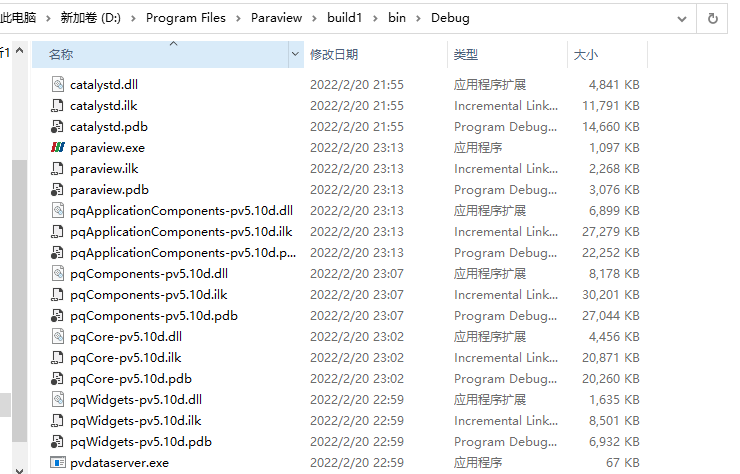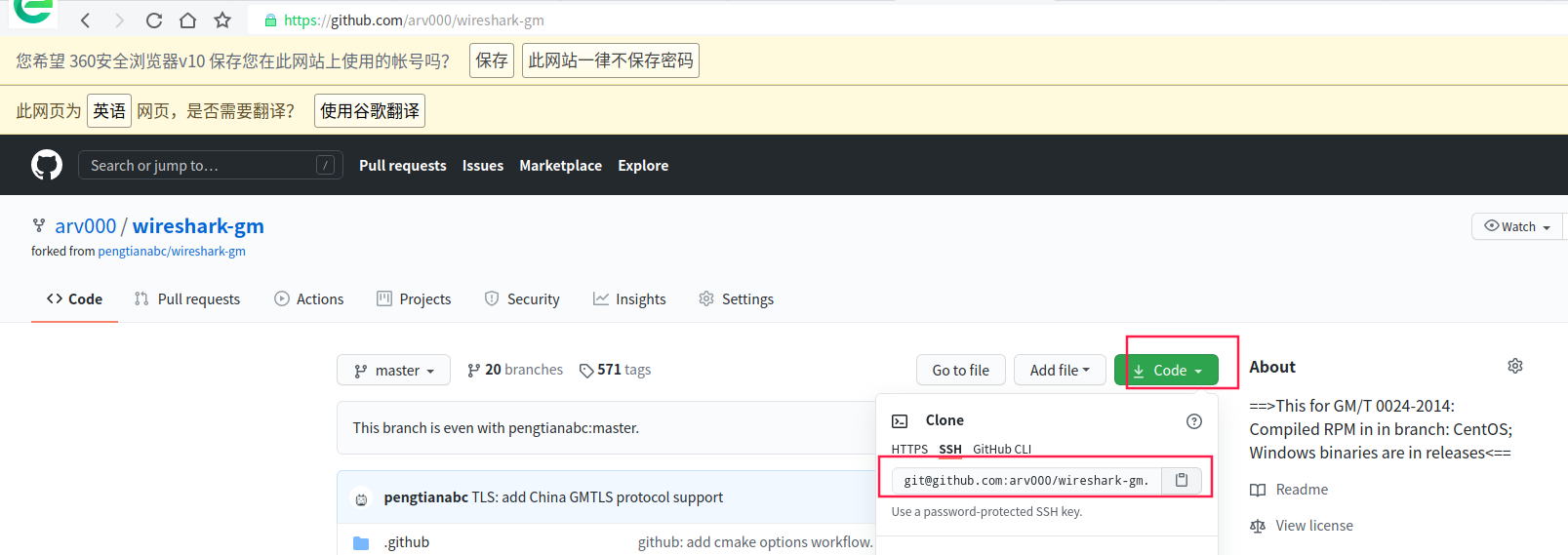
The find_XXX() family of functions also have a much more advanced syntax with tons of options to control exactly where to look and in which order,įor convenience in usage you can also create a “fake” target that can be used as if the library was setup properly: find_path(FOO_INCLUDE_DIR. Note that users can override the value in the cache to “help” CMake find the required stuff. Which can be detected through an if(NOT VARIABLE). In case what you are searching for isn’t found, the variable will be set to “VAR-NOTFOUND”,

#CMAKE GITHUB WINDOWS#
Yes, this doesn’t work under Windows because I have no idea where Windows users put their stuff. They can be used as follows: find_XXX(VARIABLE_FOR_RESULT "stuff-your-looking-for" locations-where-it-might-be)įor find_path() “stuff-your-looking-for” is a file inside the folder path you want.įor example, to look for a library called foo on a Unix system: find_library(FOO_LIBRARY "foo" "/usr/lib" "/usr/local/lib") Those functions try to find a file, a library, a path or a program (duh).
#CMAKE GITHUB HOW TO#
If your project doesn’t, check out my tutorial on how to do it.įor those CMake provides a more manual set of functions: find_file(), find_library(), find_path() and find_program. # for a proper library this also setups any required include directories or other compilation optionsīut not every CMake project supports find_package(). Target_link_libraries(my_target PUBLIC dependency_target) Step 0: Look for a pre-compiled binary The easy wayĬMake provides the find_package() function to look for a package installed on your computer.Ī package is basically a CMake file that setups a target that you can use just as if it was defined in your CMakeLists.txt itself.įor a target that is properly setup, all you need should be something like that: find_package(dependency ) So let’s look at each step in more detail and how to implement it in CMake. Users who have the library already installed don’t have a penalty for compilation, only those who don’t have it.Īnd if someone doesn’t have it and sees that it is going to be compiled, can look for a different way to get it. Thus I decided to go with a mix of 1)/2): first look for a pre-compiled binary on the system and only if none is found, fetch the sources and build.


I cannot understand how people can program there.
#CMAKE GITHUB INSTALL#
I really wish I could just delegate package management to the OS and simply state that you should install version X of library Y,īut not everyone is using ArchLinux or a similar Linux distribution which has the current version of everything as package. Now there is one situation where downloading a pre-compiled binary is enough: when using the package manager of your system.Īll the libraries are built with one compiler and one standard library under one system so they can all work together. If you want a pre-compiled binary it must have the exact same configuration as your system. You cannot use the same binary for different platforms, compilers, standard library implementations, build types (debug vs release), moon phases and a myriad of other factors. The Application Binary Interface, the way your interfaces are when compiled, is not standardized.

#CMAKE GITHUB CODE#
This tutorial explains a relatively simple solution using CMake - the de-facto standard build tool - and git - the de-facto source code version control system. The following reddit comment describes it well: C++ dependency management is a more controversial topic with many alternatives and lots of third-party tools.


 0 kommentar(er)
0 kommentar(er)
